
Is There a Solution to the Falklands/Malvinas Conflict?
The Falklands is a perennial red top tabloid favourite. But aside from providing patriotic copy, it is a squabble with serious diplomatic consequences. What to do (or not do) in the case of the islands remains tricky. Is there a solution? Theoretically, yes; practically, no. Theoretically, both countries could agree to a Hong Kong-like lease-back formula, whereby Argentina is accorded legal sovereignty over the islands but the British continue to govern them for a long period of time. This was a scheme conceived by the Foreign Office prior to the Falklands Crisis of 1982, though it had precious little political support in Britain. In the wake of the war, it became a dead letter. Another possible solution could be for …
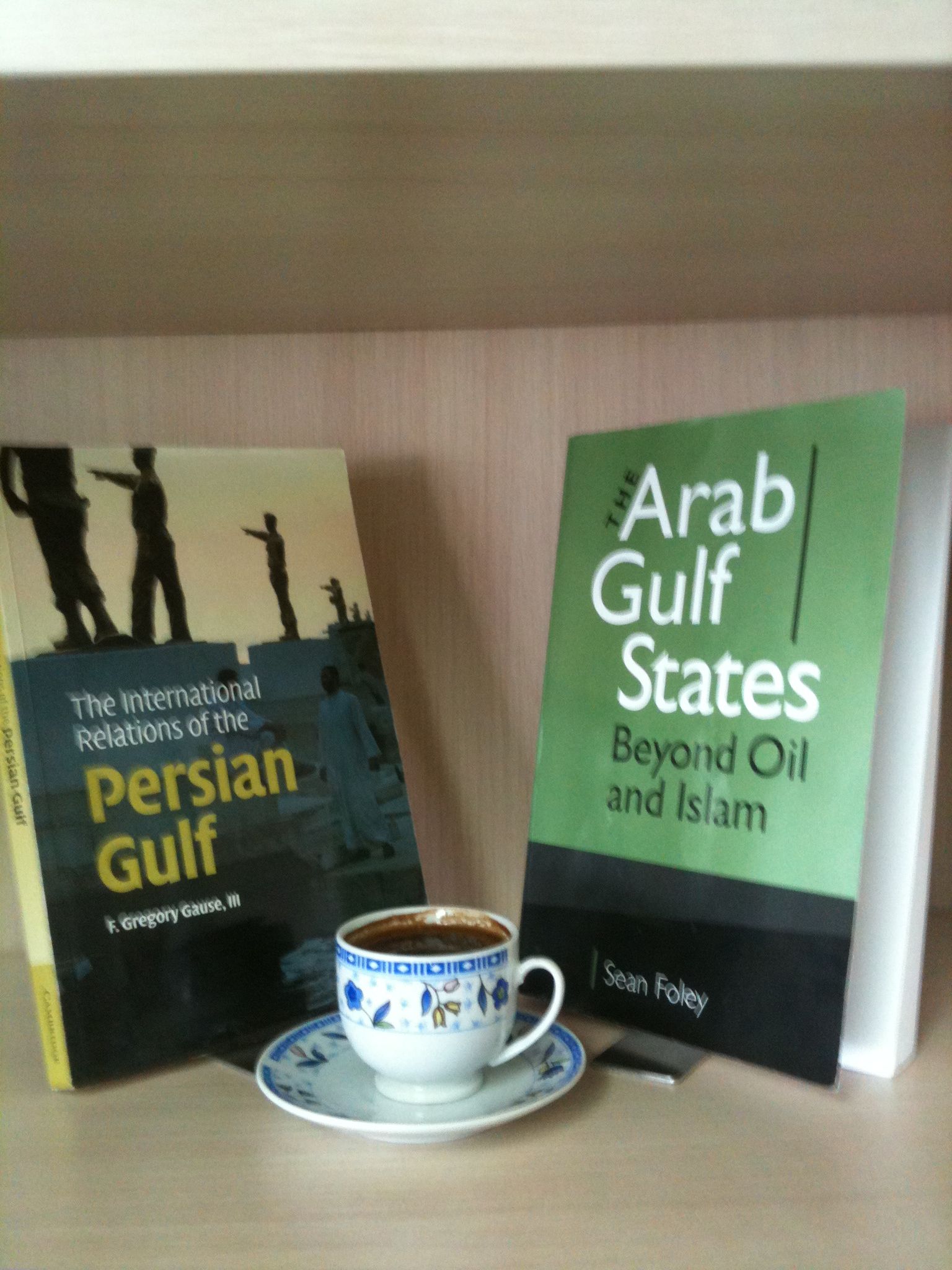
Reflections on the Gulf Studies
The Arab Gulf region is of great geopolitical importance owing to its oil and natural gas deposits. Ironically, the history and international relations of the region had, for several reasons, been quite neglected by the academic arena for decades. First and foremost, where political studies are concerned, this neglect had been linked with the development of the discipline itself and its debate in and toward non-Western states and societies specifically (see, e.g., Anderson 1987:1; Green 1993:517–518). Second, up until the late 1980s, studies on the Gulf region had been closely associated either with an examination of the Islamist role or with the Arab–Israeli conflict. Third, many orientalists and policy makers were more interested in examining the region to pursue their …
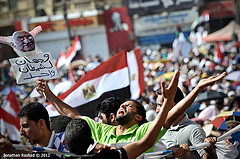
The Rising Brotherhood’s Wary Neighbours
After suffering decades of repression and forced to go underground, the recent election victory for Egypt’s Muslim Brotherhood has emboldened the movement to spread its influence in a region where mainstream political Islam has for so long been denied. At the same time, this is cause for much anxiety to the remaining despotic Arab regimes, particularly in the oil-rich Gulf. Even prior to the elections it was widely reported that the Saudi’s preferred an Egypt run by the remnants of Mubarak’s regime, such as Ahmed Shafik, than an Islamist candidate.[1] They fear that a brotherhood victory will not only embolden the already problematic Islamist opposition at home but also set the grounds for Egypt reclaiming leadership of the Islamic world, upstaging …
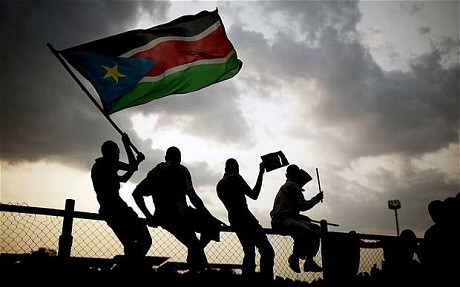
The Two Sudans, One Year On.
Following decades of internal civil strife, on July 11, 2011, the African nation of Sudan separated into two de jure sovereign states as the South finally gained its long-awaited independence. Yet those with any sort of intimate knowledge of Sudan will have viewed the scenes of jubilation across the South and the calm acceptance displayed by the North on the day of separation with caution. Although South Sudan’s moral claims to independence were never in doubt, its possibility of a peaceful future appeared, if anything, less certain following its separation from the North. A year on, it is a prescient time to reflect on how Africa’s most recently divorced couple are faring on their separate paths. For South Sudan, like …
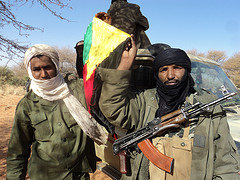
On the Recent Attacks in Timbuktu: A Q&A with Professor David Anderson
In a recent interview with Emine Taskiran, a journalist with Zaman, a Turkish newspaper, I responded to queries about the coup in Mali and the destruction of ancient shrines in Timbuktu . The situation is very fluid and receives little attention in the British press. It is best covered by Le Monde and All Africa. Emine Taskiran’s interview is reposted here with the kind permission of Zaman. Emine Taskiran: What is the structure of government in Mali? And what is the relation between the government and militant groups? David Anderson: The coup in Mali earlier this year removed an elected government, one of the longest standing democratic governments in Africa if you measure it simply by their length of time in office. …
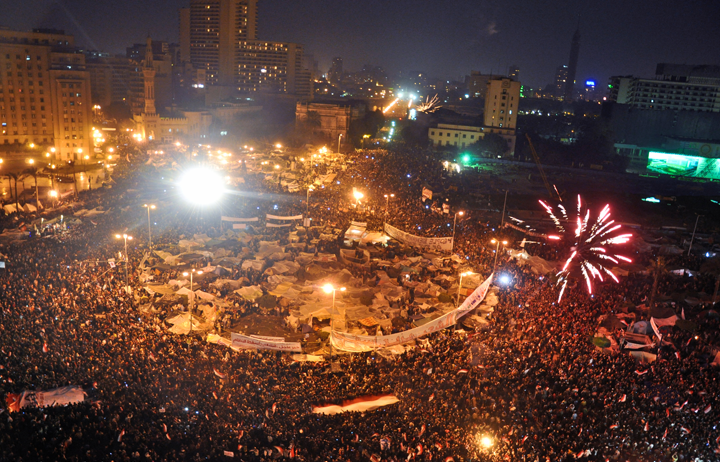
Egypt’s 2011 Revolution: Beyond Conventional Transitional Justice
After former Egyptian President Hosni Mubarak was toppled in February 2011, the Supreme Council for the Armed Forces assumed executive power in Egypt, and launched the ‘transitional period.’ In the seemingly boundless space created by Mubarak’s absence, millions of citizens freely debated every aspect of the emerging political and social order, in public meetings, at home, in the media, and on the streets. It was a time of limitless imagination. Meanwhile, amongst international and Egyptian human rights organisations, a more contained conversation began on the practice and precedents of transitional justice. Cairo soon played host to major conferences on the subject. In these meetings, three central assumptions were regularly made, particularly by international participants. First, transitional justice precedents offer the …

Discontent in Paradise: Protests in Hong Kong
This weekend, Hong Kong, the newly declared “best city in the world”, celebrated the 15th anniversary of its return to China, and swore in its new leader, Beijing-backed Leung Chun-ying, the third Hong Kong Premier since its re-joining of the mainland. However, events that took place on Saturday and Sunday have indicated that the public mood within Hong Kong is far from universally jubilant. While the official media has been full to the brim of Chinese nationalism-oriented elation, on the Saturday evening many residents of Hong Kong displayed their increasing anger with the actions and dictates of the parent state by protesting outside of the Convention centre where Hu Jintao was due to inaugurate Leung. Protests continued throughout the Saturday …

Anis Sayegh: The autobiography of a Palestinian Intellectual
In recent years we have seen the publication of a series of Palestinian life stories including, among others, the ‘Incomplete Autobiography’ of Yusif Sayigh (2009) and the autobiography of Shafiq al-Hout (2007). The subject of this review is also found within this series; the autobiography of Anis Sayegh, entitled Anis Sayegh ‘n Anis Sayegh, which was released in Beirut by Riad El Rayyes in 2006. The autobiography of Anis Sayegh describes his life from early childhood in the 1930s to the early 2000s. It consists of nine chapters. In the first chapter we learn that Anis Sayegh was born in November 1931 in Tiberias, the youngest of seven children in a traditional Protestant Christian extended family. His father originally came …









